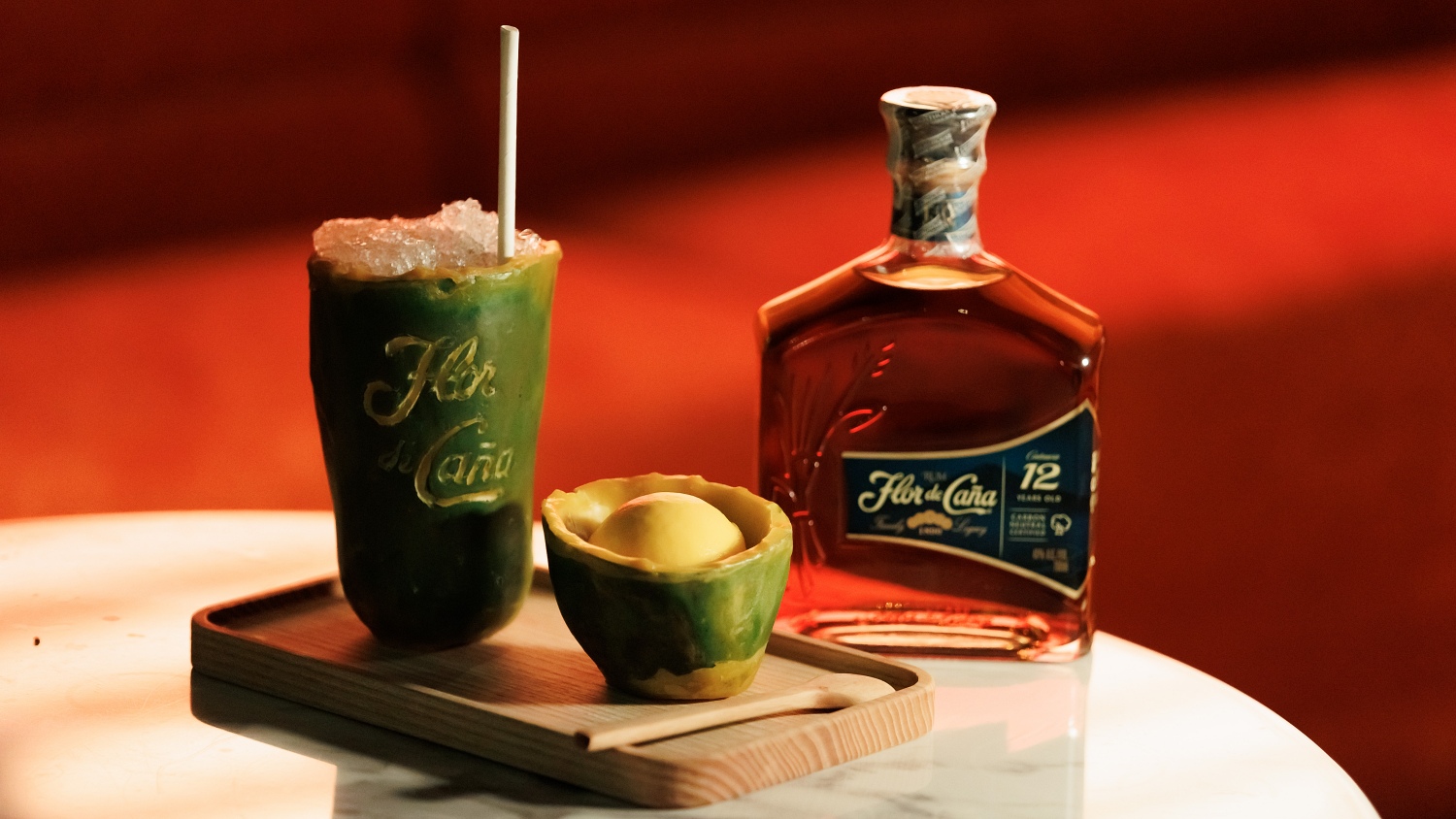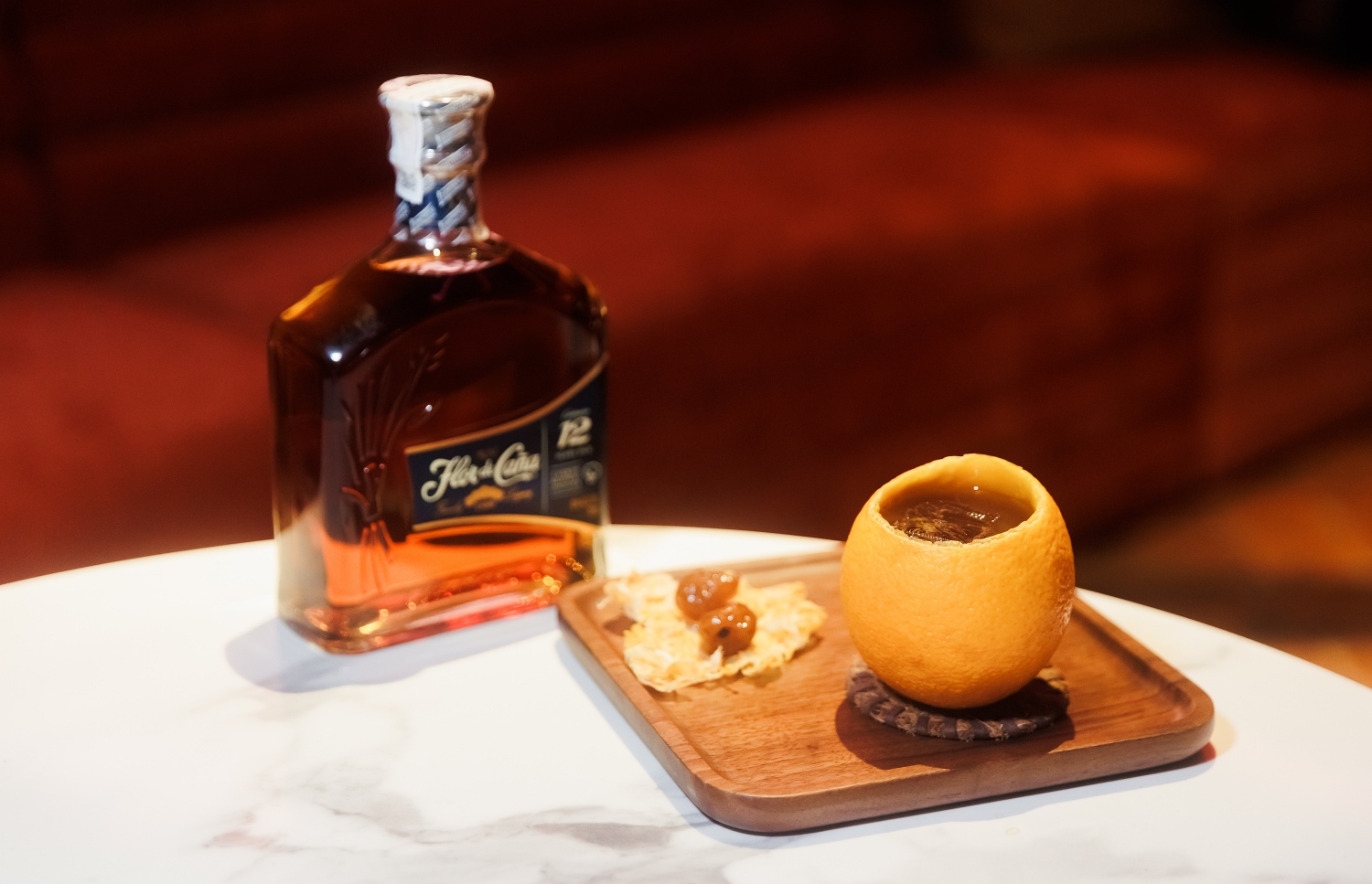In the bartending world, where creativity and craftsmanship converge, a new movement is taking shape — one that aims to transform the industry into a bastion of sustainability. Bartenders around the globe are embracing the challenge of creating drinks that not only tantalize the taste buds but also promote a greener future. By adopting a variety of approaches, these mixologists are shaking up the norms and making a difference in the world of cocktails.
Flor de Caña Rum is one of the industry players at the forefront, taking these initiatives seriously. Among its initiatives, the brand proudly presents the third edition of its Sustainable Cocktail Challenge—an endeavor inspiring bars and bartenders to integrate eco-friendly practices into their craft.
Through this challenge and more, Flor de Caña champions a novel approach, inviting bars to establish new benchmarks for sustainability. From curtailing carbon footprints to championing fair trade, these actions not only enrich the cocktail experience but also contribute to a better world.

In the local finals of Flor de Caña’s Sustainable Cocktail Challenge, Nguyen Thanh Quang took the crown among 10 talented bartenders. His sustainable cocktail “Sea Turtle” wowed the judges at Ho Chi Minh City’s Midnight Market on August 1st. Recognized for its mix of creativity, eco-friendly practices, and deliciousness, Quang earned the title of “Flor de Caña’s Most Sustainable Bartender of Vietnam.”
Quang is now off to the Asia Pacific Regional Final in November 2023, and if he wins there, he’ll compete in the Global Final in Nicaragua in 2024 for the chance to be named “Flor de Caña World’s Most Sustainable Bartender” and win a cash prize of US$10,000.
In this article, we explore five pivotal strategies bartenders can adopt to champion sustainability behind the bar. From sourcing locally to conserving water, these practices empower bartenders to reduce environmental impact and ignite a wave of eco-conscious indulgence.
Local Sourcing

Incorporating local sourcing into your bartending practices involves deliberately selecting ingredients that are cultivated or produced within your immediate community or nearby regions. This approach is a strategic choice to reduce the carbon footprint associated with transporting goods over long distances. By minimizing the travel distance of ingredients to your bar, you’re effectively lowering the environmental impact caused by transportation emissions.
Moreover, this practice fosters collaboration with local producers and suppliers, supporting the regional economy and contributing to the sustainable growth of your community. Through the use of locally sourced ingredients, you not only offer your patrons fresh and distinctive flavors but also make a meaningful contribution to eco-friendly bartending and responsible sourcing.
Seasonal Menus

Crafting seasonal cocktail menus involves designing your drink offerings around the natural rhythm of the year, utilizing ingredients currently in abundance and at their prime. By aligning your cocktails with the seasons, you’re able to work with local produce that’s readily available, reducing the necessity for sourcing ingredients from distant locations. This not only lowers the carbon footprint associated with long-distance transportation but also lessens the need for refrigeration and preservation methods that can contribute to energy consumption.
Implementing seasonal menus represents a purposeful move towards sustainability, highlighting the synergy between your cocktail creations and the natural environment while mitigating the ecological footprint of your ingredients’ path to the glass.
Reduce Waste

Embracing waste reduction strategies involves taking conscious actions to minimize the environmental impact of your bartending operations. By opting for reusable straws, and biodegradable or compostable drinkware, you’re making choices that significantly decrease the amount of single-use plastic and waste generated in your bar. Additionally, implementing proper recycling practices ensures that materials are diverted from landfills and given a chance to be repurposed. These strategies collectively contribute to a more sustainable approach by lessening the environmental burden associated with disposable items.
This way, you not only showcase a commitment to responsible consumption but also inspire both patrons and peers in the industry to adopt similar waste-reducing measures, fostering a broader culture of eco-consciousness.
Water Conservation

Adopting water conservation involves thoughtful practices that minimize water waste in your bartending operations. By being attentive to turning off taps when not needed and adopting efficient ice-making techniques, you’re actively reducing water consumption. Avoiding excessive water rinsing, particularly during glassware cleaning, further contributes to this effort. These actions collectively contribute to resource preservation, cost savings, and a reduced environmental impact.
By championing water conservation in your bar, you set a sustainable example that encourages responsible water use and showcases your commitment to eco-conscious practices.
Educate Customers

Enlightening your customers involves proactively sharing knowledge about sustainable practices, the origins of ingredients, and the positive ripple effects of their decisions. By engaging in these conversations, you empower patrons to make informed choices that align with responsible consumption. This education not only fosters a deeper connection between your bar and its clientele but also extends beyond the immediate experience, influencing their drinking habits outside your establishment.
Customers taking up the mantle of mindful consumption become essential partners, contributing significantly to guiding the industry towards a more environmentally conscious future.
If you’re a passionate mixologist committed to integrating sustainability into your craft, you have an exciting opportunity ahead. Flor de Caña, a renowned rum brand celebrated for its Fair Trade and carbon-neutral certifications, values bartenders who share their commitment to sustainability. By employing sustainable ingredients and techniques, you can showcase your dedication to the art of mixology while promoting environmental consciousness.



